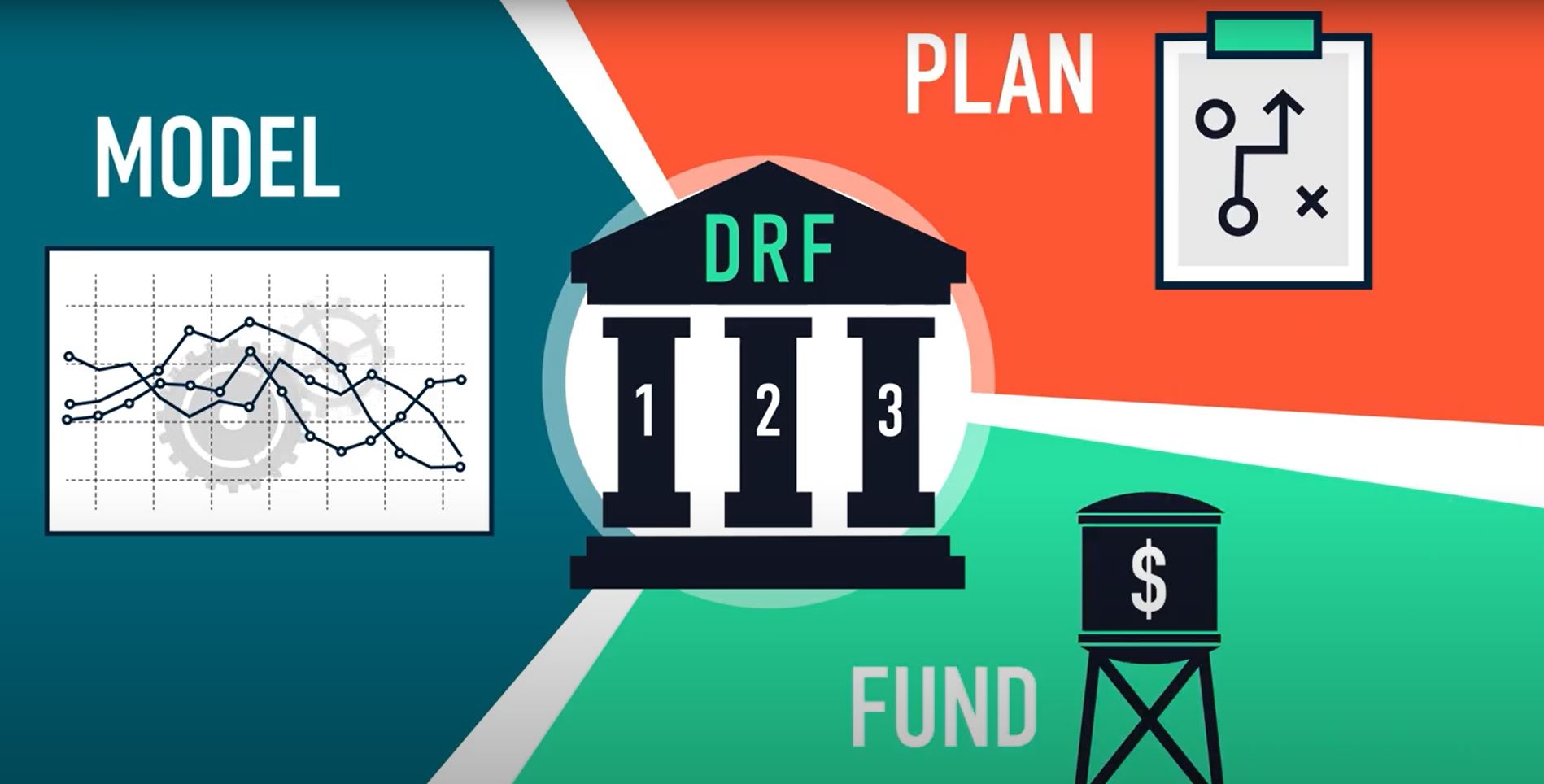Start Network has today launched a guide for scientists and humanitarians to encourage the responsible use of scientific data in humanitarian decision-making.
This guide has been developed by Start Network as a result of its work with the Drought Risk Finance Science Laboratory (DRiSL) and is being launched as part of its work to shift humanitarian funding from reactive to proactive, from late to early, using data as a key driver of proactive decisions.
The guide, Scientific due diligence for humanitarian disaster risk financing, aims to ensure that due care is taken in the design of Disaster Risk Finance (DRF) systems, by enabling providers of scientific data and models to better meet the expectations of the humanitarian users of those products.
It also aims to ensure communities at risk of disasters are involved from the outset to capture on-the-ground forecasting knowledge, empower local responders, make use of local capacity and give agency to those at risk.
The guide, which is available in PDF format and as a video, sets out eight checkpoints that data scientists and humanitarian practitioners can follow together.
- Creating a data and decision framework
- Collecting and testing the data through different lenses
- Optimising the available testing data
- Uncertainty testing
- Skill testing
- Communicating complexity clearly
- Agreeing on the operational data and decision framework
- Completing the design of the DRF system
Elizabeth Rees, Senior Technical Advisor at Start Network said: “We are really pleased to release this guide. We’re aiming that this guide will help data scientists and humanitarian practitioners build more robust Disaster Risk Financing systems, using their collective knowledge and expertise. It is an important principle of DRF that those who design the systems are accountable and responsive to those who will ultimately rely on it.”
Nick Moody, Risk Modelling and Mapping Group, Insurance Development Forum said: “This guide is excellent. It shows the importance of the two-way understanding between science and DRF decision-making and describes clear steps to minimise uncertainty in the complex business of quantifying risk. It may be designed for humanitarian purposes but there is a lot here that should be taken on board by model providers and risk finance programmes across all sectors”
Dr. Dirk-Jan Omtzigt, Chief Economist, Head, Humanitarian Financing Strategy and Analysis Unit, United Nations Office for the Coordination of Humanitarian Affairs said: “This is a really thorough and superbly practical guide to support the use of scientific data and modelling in humanitarian decision-making. It really helps us build effective anticipatory actions frameworks that trigger interventions that are cheaper, more dignified and protects hard-won development gains.”
Rahel Diro from Columbia University's International Research Institute for Climate and Society said: "During drought-related crises, being able to respond in advance is crucial to mitigating food security challenges. Our team examined where the information from satellites and humanitarian impact datasets aligned, which helps shape a more accurate drought risk financing system."
Start Network has released the guide to follow its January publication Information is Power: Connecting Local Responders to the Risk Information that they need, which focuses on the importance of integrating at-risk communities in the development and application of DRF systems.
Drought Risk Science Finance Facility Lab (DRiSL) was part of the Science for Humanitarian Emergencies and Resilience (SHEAR) programme jointly funded by the UK’s Foreign, Commonwealth and Development office (FCDO), and the Natural Environmental Research Council (NERC). Partners include Start Network, WeltHungerhilfe, University of Sussex, University of Reading, International Research Institute for Climate and Society, Lilongwe University of Agriculture and Nat Resources, and Global Parametrics.
Please see the guide in PDF format and as a video.
Read more about Crisis Anticipation and Disaster Risk Financing

